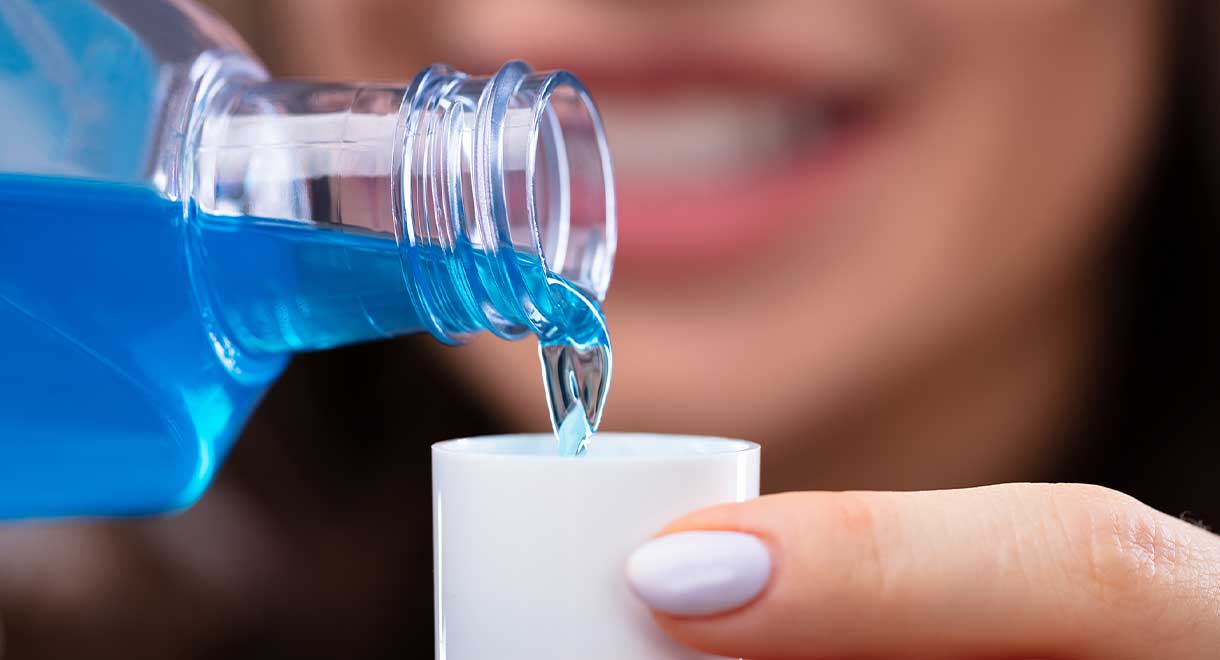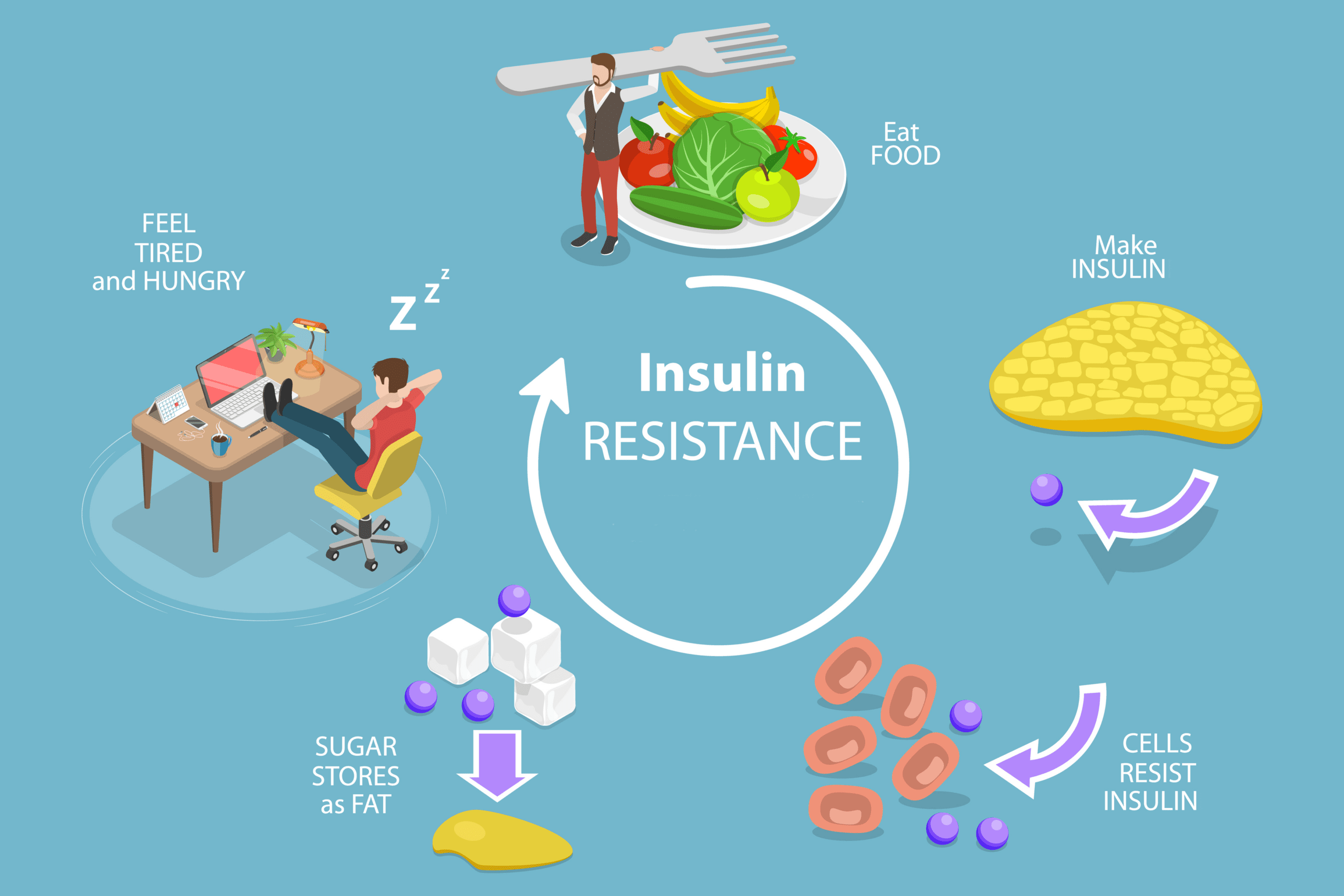Using mouthwash raises the risk of serious diseases
By naturopath Margaret Jasinska
For a lot of people, using mouthwash is a daily part of their routine. Have you considered that it may have adverse health consequences? Your mouth is part of your digestive system and contains a specific balance of microorganisms. Killing both good and bad bugs with mouthwash can have repercussions in other parts of your body besides your mouth.
A study published in the journal Nitric Oxide found that people who used mouthwash twice or more daily are at significantly higher risk of developing pre-diabetes or type 2 diabetes. Did you know your mouth is home to approximately 700 different species of bacteria! Some types can cause bad breath or tooth decay, so it’s not surprising that a lot of people feel more comfortable going out into the world after using mouthwash.
However, a lot of the bacteria in your mouth are extremely beneficial, and killing them is not what you’d want to do. Certain strains of good bacteria in your mouth produce nitric oxide, which is necessary for healthy blood flow by relaxing and dilating arteries, including those to the heart and brain. Nitric oxide reduces the risk of high blood pressure and keeps the walls of your arteries healthy (called endothelium). It is also necessary for insulin sensitivity. Reduced insulin sensitivity can lead to insulin resistance (syndrome X), and this can progress to type 2 diabetes.
The authors of the study have cautioned against the indiscriminate routine use of antibacterial mouthwash, claiming it may cause more harm than good. They have also said, “Since no studies have demonstrated the safety of long-term twice daily use of mouthwash, people should be cautious in using mouthwash”. This is especially true for those who already have insulin resistance, high blood pressure, or have a family history of type 2 diabetes. The reduction in nitric oxide production increases the chance you’ll develop high blood pressure in the future if you regularly use mouthwash.
Nobody wants tooth decay or bad breath, but it’s important to note that lots of people do not use mouthwash, and they don’t suffer from either. The type of bacteria you have in your mouth is largely determined by your gut health, and that is mostly determined by your diet. We’ve all got bacteria in us and on us, with most of them living in your large intestine. If you have a bacterial or fungal imbalance in your gut, this can affect the balance in other parts of your body, such as your mouth, sinuses, vagina and urinary tract.
Following a healthy diet that includes plenty of protein, fat, vegetables, nuts and seeds, while minimising sugar, starch and alcohol are important, but sometimes that’s not enough to address a problem. Herbal antimicrobials can be very helpful. Contact us if you would like more information. It is also important to put good bugs into your gut, via fermented foods, prebiotics and probiotics.









Leave A Comment